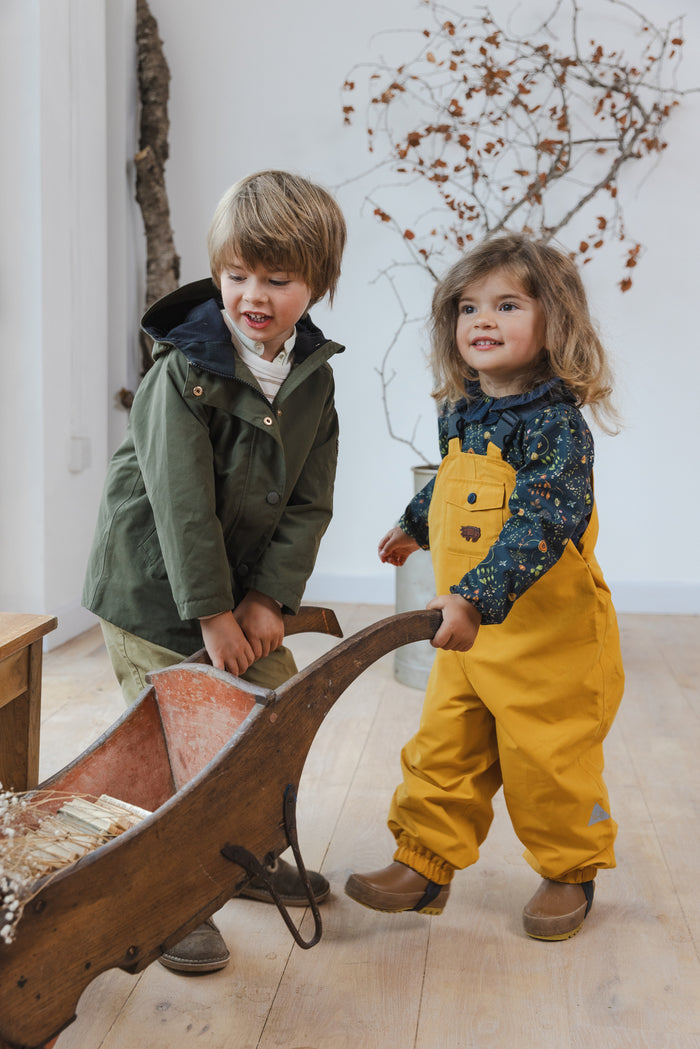" Raw Living: Picking blackberries, beneath late afternoon sun; a sunset reminiscent of watermelon sangria, as the scent of honeysuckle accosts me and the ducks waddle into the lake. Thanking Mama Nature for her abundance. "
Brandi L. Bates
There's something truly magical about wandering along a hedgerow and picking the fruits that are hidden within, little hands reaching through shards of sunlight to grab the big juicy berries. It takes me back to a really peaceful place, of days spent running wild through the abundant countryside.

Brandi L. Bates
There's something truly magical about wandering along a hedgerow and picking the fruits that are hidden within, little hands reaching through shards of sunlight to grab the big juicy berries. It takes me back to a really peaceful place, of days spent running wild through the abundant countryside.

When it comes to blackberries, all I can think to cook is a crumble - and whilst there is always a place at my table for this warm-the-cockles classic, it feels liberating to branch out and try something completely new.
We were truly delighted when one of our favourite chefs and Masterchef Finalist, the wonderful Claire Fyfe, agreed to share her recipe for Blackberry and Thyme Focaccia. This is one for all the family to enjoy in both the preparation and the eating!
We were truly delighted when one of our favourite chefs and Masterchef Finalist, the wonderful Claire Fyfe, agreed to share her recipe for Blackberry and Thyme Focaccia. This is one for all the family to enjoy in both the preparation and the eating!
" Blackberry focaccia is such a goodie for kids too as they get to make bubbles in the Dough! "
Ingredients:
Ingredients:
500g Strong bread flour
10g Fine salt
7g Sachet dried yeast
50ml Extra Virgin Oil (plus extra for bowl admin)
350ml Lukewarm water
Handful of juicy blackberries
Small bunch of thyme
1tsp Sea salt
Method:
1. Put the dry ingredients into a bowl and add the olive oil
2. Slowly mix in the water until it forms a dough
3. Oil the work surface and knead the dough for 5-10 mins then place in a clean, oiled bowl and cover for 1 hour
4. Carefully remove the dough and stretch into an oiled baking tray (25cm x 30cm) cover and leave for another 40 mins
5. Using your fingertips make dimples in the dough (so satisfying!) Press in the blackberries and scatter over the thyme and sea salt
6. Bake in a preheated oven, at 220C, for 20 mins
7. Remove, top with another good glug of olive oil and enjoy!
Serving Suggestion:

Claire's top tips for a flawless focaccia:
🖐🏻 If the dough gets too sticky add some more oil, not flour
🖐🏻 Remember to put oil on the cling film before covering the dough while it sleeps.. or it will stick!
🖐🏻 Use the tips of you fingers to squished in the make dimples
🖐🏻 Remember to push your blackberries in
... and try not to eat all the blackberries before you bake the bread, although it's always easy to spot the culprit with the purple stained fingertips 🙄
💜
Method:
1. Put the dry ingredients into a bowl and add the olive oil
2. Slowly mix in the water until it forms a dough
3. Oil the work surface and knead the dough for 5-10 mins then place in a clean, oiled bowl and cover for 1 hour
4. Carefully remove the dough and stretch into an oiled baking tray (25cm x 30cm) cover and leave for another 40 mins
5. Using your fingertips make dimples in the dough (so satisfying!) Press in the blackberries and scatter over the thyme and sea salt
6. Bake in a preheated oven, at 220C, for 20 mins
7. Remove, top with another good glug of olive oil and enjoy!
Serving Suggestion:

Claire's top tips for a flawless focaccia:
🖐🏻 Knead the dough with the base of you hand (or get mummy or daddy to do it)
🖐🏻 If the dough gets too sticky add some more oil, not flour
🖐🏻 Remember to put oil on the cling film before covering the dough while it sleeps.. or it will stick!
🖐🏻 Use the tips of you fingers to squished in the make dimples
🖐🏻 Remember to push your blackberries in
... and try not to eat all the blackberries before you bake the bread, although it's always easy to spot the culprit with the purple stained fingertips 🙄
💜
So what makes the beautiful blackberry so special?
Bramble's (the plant that bears the blackberry fruit) are one of the most important food plants for wildlife in Britain.
150 species of insects rely on the bramble for food, including beetles and butterflies. They are also loved by birds and field mice who stock up on the juicy berries before winter.
Bramble's (the plant that bears the blackberry fruit) are one of the most important food plants for wildlife in Britain.
150 species of insects rely on the bramble for food, including beetles and butterflies. They are also loved by birds and field mice who stock up on the juicy berries before winter.
Bramble branches can be as long as 5 metres and when they hit the soil again they will bury in and re-root, forming the myriad of dense thickets we are all too familiar with..and many a gardener bears the scratch marks in their efforts to tame this wonderous beast.
There are around 350 different microspecies of bramble in the UK, explaining the subtledifferences in taste you detect between berries.
And finally, the study of these microspecies is called Batology .. and those that do it are Batologists.
" It's not who I am underneath, but what I do that defines me. "
(I sincerely hope this is quoted by all Batologists)
🦇
There are around 350 different microspecies of bramble in the UK, explaining the subtle
And finally, the study of these microspecies is called Batology .. and those that do it are Batologists.
" It's not who I am underneath, but what I do that defines me. "
(I sincerely hope this is quoted by all Batologists)
🦇







